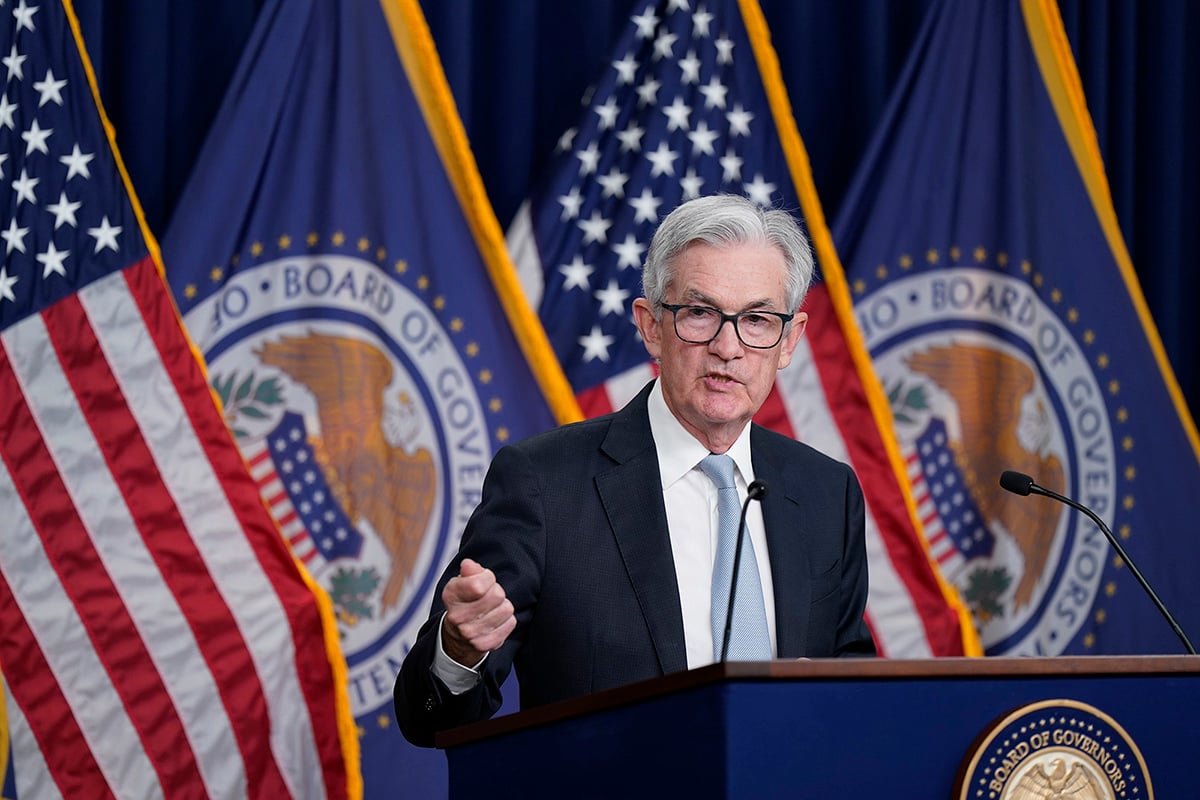Rising inequality and social polarization are set to shape worlddevelopments for the next decade after contributing to Britain'sdecision to leave the European Union and the ballot-box success ofU.S. President-elect Donald Trump, the World Economic Forumsaid.
|Climate change was underlined as the third major global trend inthe WEF's annual assessment of global risks, released Wednesday inLondon. It said world leaders must work together to avoid “furtherhardship and volatility in the coming decade.”
|“There's a wide array of potential threats; growing social andpolitical turmoil, potential business interruptions which couldstem from inter-state conflict, from social instability, terroristattacks,” John Drzik, president of global risk at Marsh USA Inc.,which contributed to the study, said in an interview. “This wholesocial and political context creates the potential fordisruption.”
|A weak economic recovery following the global financial crisishas widened the gap between rich and poor, fueling a sense of“economic malaise” that's led to the rise of populist parties,according to the report. While Brexit and Trump were thehighest-profile signs of an anti-establishment backlash in Westerndemocracies, the evidence extends far wider, with support growingfor far-right parties in Germany, France, Italy and the Netherlandsamong others.
|“Continued slow growth combined with high debt and demographicchange creates an environment that favors financial crises andgrowing inequality,” WEF founder Klaus Schwab wrote in the report'spreface. “Pervasive corruption, short-termism and unequaldistribution of the benefits of growth suggest that the capitalisteconomic model may not be delivering for people.”
|The survey involved 750 experts assessing 30 global risksranging from deflation and asset bubbles to extreme weather events,terrorist attacks, food crises and cyber attacks. They identifiedtrends including an aging population, climate change, socialpolarization and income inequality that could amplify thoserisks.
|The forum ranked risks by impact and by likelihood. Whileweapons of mass destruction were deemed the most impactful risk,they were also judged unlikely. Extreme weather events were thenext most impactful, and were also rated the most likely risk. Thenext four most likely risks were large-scale involuntary migration,major natural disasters, large-scale terrorist attacks and amassive incident of data theft or fraud.
|The report will be discussed at the WEF's annual gathering ofpolitical and business leaders in Davos, Switzerland, beginningJan. 17. Rising income inequality was identified as the mostimportant underlying trend determining global events, followed byclimate change and societal polarization.
|The WEF said that the share of income going to the top 1 percentof earners has increased in countries including the U.S., Britain,Australia and Canada since the 1980s. The policy of quantitativeeasing, whereby central banks make large-scale purchases ofgovernment bonds, has exacerbated inequality by enriching owners offinancial assets, it said.
|“Concerns over income and wealth distribution are becoming morepolitically disruptive, and much greater emphasis is needed on theincreasing financial insecurity that characterizes many people'slives,” the WEF said. “The combination of economic inequality andpolitical polarization threatens to amplify global risks, frayingthe social solidarity on which the legitimacy of our economic andpolitical systems rests.”
|The report's authors pointed to a “deteriorating commitment toglobal cooperation,” with Russia and South Africa among nationspulling out of the International Criminal Court in 2016 and Chinarejecting the verdict of an international tribunal over disputedwaters in the South China Sea. In addition, Trump has said he'sconsidering pulling the U.S. out of the Paris Agreement, the firsttruly global deal committing nations to curb the emissions thatcause global warming.
|For businesses, the biggest risk is the potential forcyberattacks, particularly as more household devices and industrialcontrols become connected to the Internet, according to Drzik.
|“This is the risk that is on the minds of the boards and CEOs,''Drzik said. “If you take an event where 100,000 household devicesare activated as weapons, it starts to get you to think in an eraof geopolitical tensions and state-sponsored attacks about whatcould happen. These are things like thermostats, any lightingdevice, anything that's connected to the Internet in your house canbe used now as a weapon.''
|New Technologies
The WEF called for the creation of new policies to help morepeople benefit from new technologies. It examined 12 emergingtechnologies, ranging from three-dimensional printing to renewableenergy. Advances in artificial intelligence and robotics yieldedthe greatest potential benefits, but also the biggest potentialnegative effects, it said.
|“Without proper governance and re-skilling of workers,technology will eliminate jobs faster than it creates them,” saidCecilia Reyes, chief risk officer at Zurich Insurance Group, whichcontributed to the study. “Governments can no longer providehistorical levels of social protection and an anti-establishmentnarrative has gained traction, with new political leaders blamingglobalization for society's challenges, creating a vicious cycle inwhich lower economic growth will only amplify inequality.”
|Bloomberg News
|Copyright 2018 Bloomberg. All rightsreserved. This material may not be published, broadcast, rewritten,or redistributed.
Complete your profile to continue reading and get FREE access to Treasury & Risk, part of your ALM digital membership.
Your access to unlimited Treasury & Risk content isn’t changing.
Once you are an ALM digital member, you’ll receive:
- Critical Treasury & Risk information including in-depth analysis of treasury and finance best practices, case studies with corporate innovators, informative newsletters, educational webcasts and videos, and resources from industry leaders.
- Exclusive discounts on ALM and Treasury & Risk events.
- Access to other award-winning ALM websites including PropertyCasualty360.com and Law.com.
*May exclude premium content
Already have an account? Sign In
© 2024 ALM Global, LLC, All Rights Reserved. Request academic re-use from www.copyright.com. All other uses, submit a request to [email protected]. For more information visit Asset & Logo Licensing.






